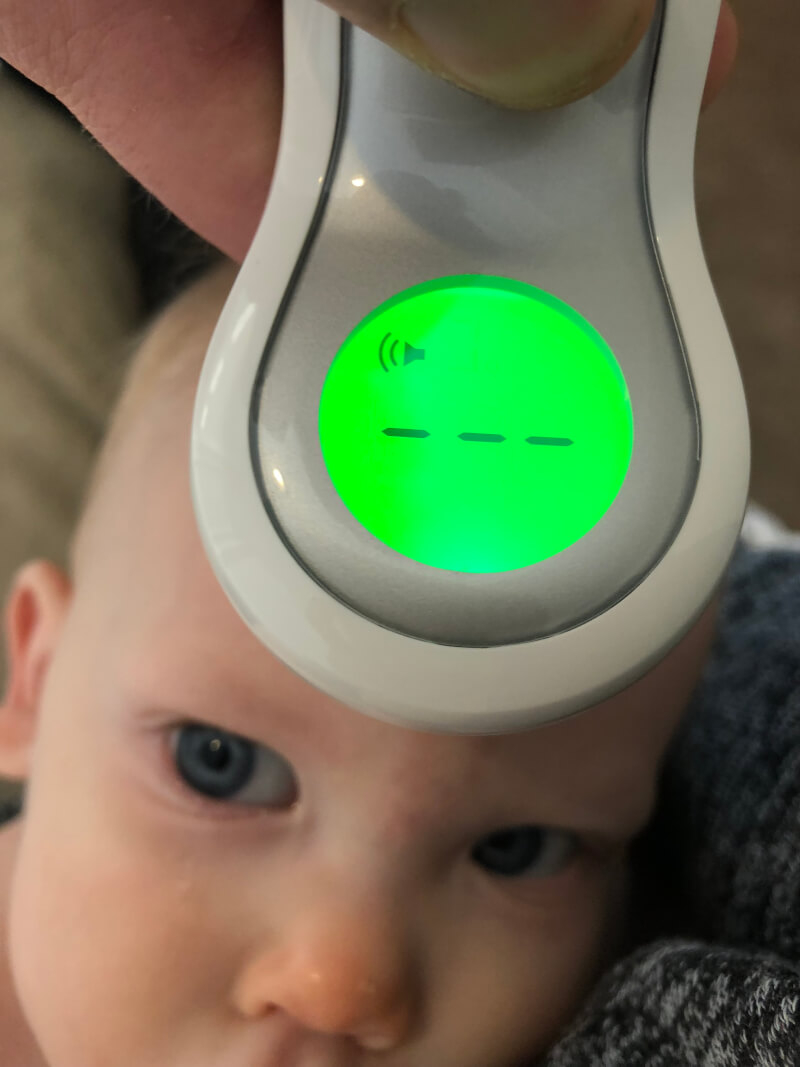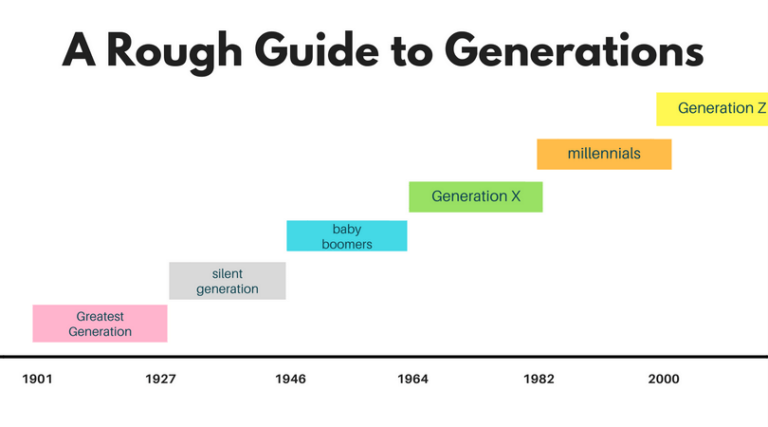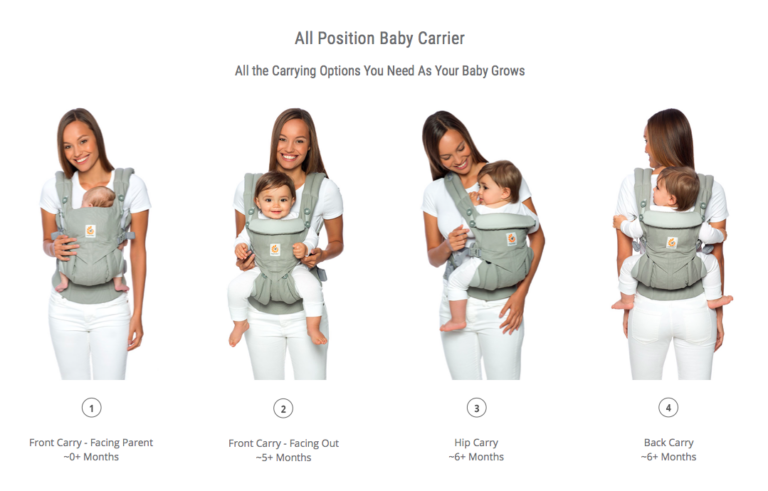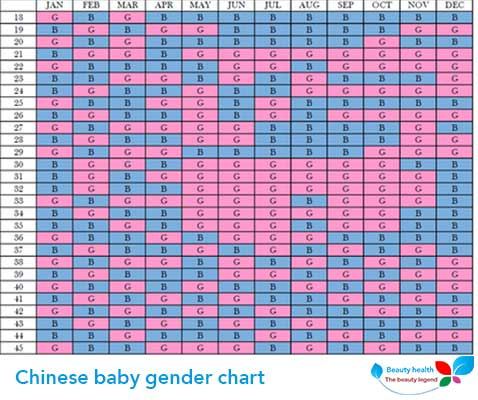How To Tell If Baby Is Sick
As a parent, one of the most important things is being able to tell if your baby is sick. Babies are unable to communicate their feelings verbally, so it’s crucial to be able to read their cues and recognize when something might be wrong. In this article, we will discuss the signs and symptoms that indicate your baby may be sick, and what steps you can take to ensure their well-being.
Knowledge
When it comes to telling if your baby is sick, there are several key indicators to watch out for. One of the most common signs is a change in behavior. If your baby is unusually fussy, irritable, or lethargic, it could be a sign that they are not feeling well. Keep an eye out for changes in their sleeping and eating patterns as well, as these can also be indicators of illness.
Physical symptoms are another important factor to consider when assessing your baby’s health. Keep an eye out for signs such as fever, coughing, sneezing, runny nose, vomiting, diarrhea, or rashes. These symptoms can vary depending on the type of illness your baby may have, so it’s important to consult with a healthcare professional if you have any concerns.
Changes in your baby’s appearance can also be a sign that something is wrong. Look out for pale skin, dark circles under their eyes, or a lack of interest in their surroundings. These changes can indicate that your baby is feeling unwell and may need medical attention.
If your baby’s cries sound different than usual, or if they are crying more frequently than normal, it could be a sign that they are sick. Pay attention to the pitch and tone of their cries, as well as the duration and intensity. Trust your instincts as a parent and seek medical advice if you feel something is not right.
Conclusion
In conclusion, being able to tell if your baby is sick is a crucial skill for parents. By paying attention to your baby’s behavior, physical symptoms, changes in appearance, and crying patterns, you can better assess their health and well-being. Remember to trust your instincts and seek medical advice if you have any concerns about your baby’s health.
Overall, this article is aimed at new parents and caregivers who want to ensure the health and well-being of their babies. By being aware of the signs and symptoms of illness in babies, you can take proactive steps to address any health concerns that may arise.
It is essential to remember that every baby is different, and what works for one may not work for another. Always consult with a healthcare professional if you have any concerns about your baby’s health. Your baby’s well-being is the top priority, so trust your instincts and seek help when needed.





